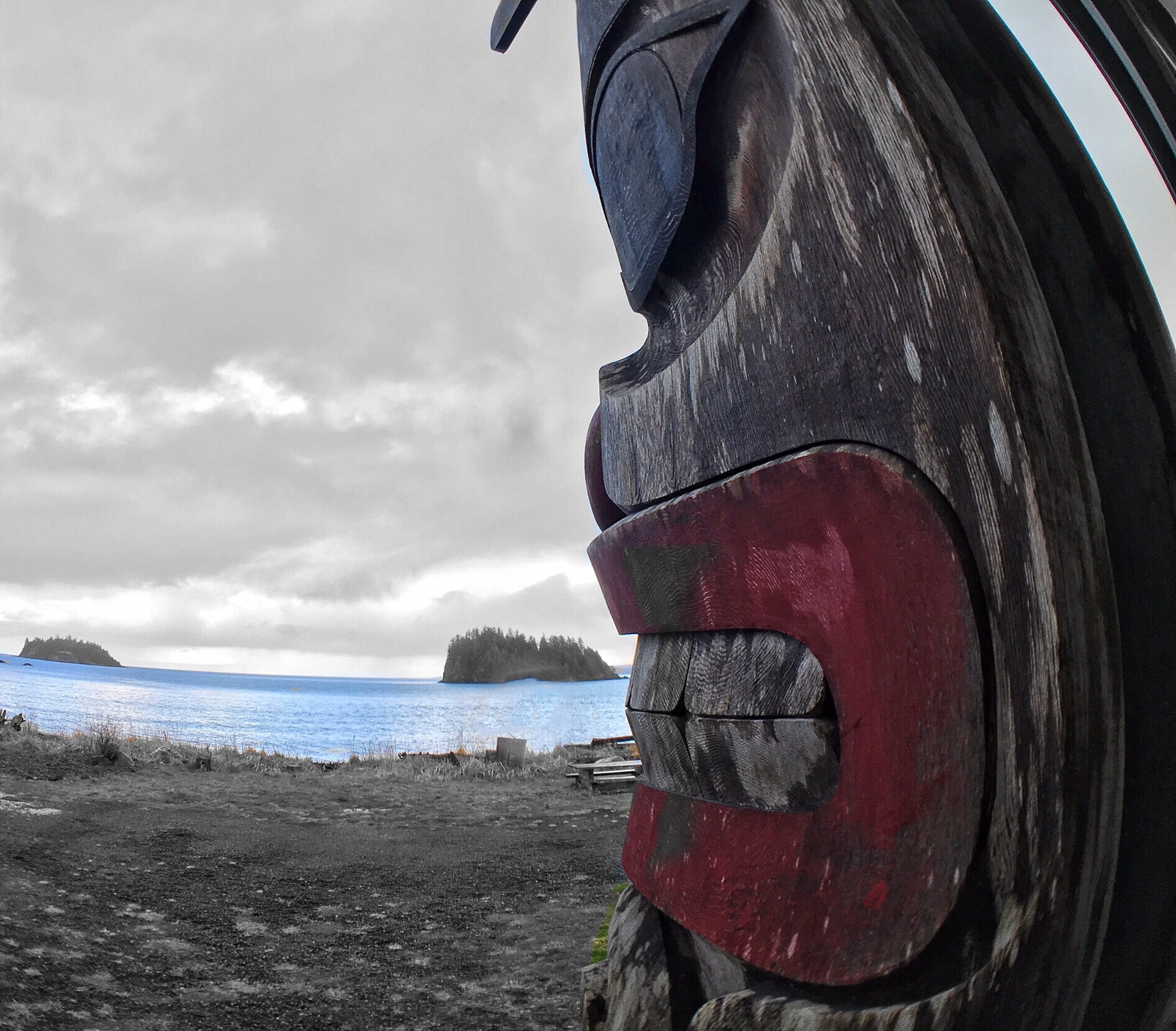 Recently, scientists have realized that they must do a better job of serving the public and helping inform critical societal decisions. Science that informs public decisions, but does not dictate those decisions, is the vision that shapes our research. Our research program has coalesced around the theme of informing conservation policy and strategy. This requires understanding how interactions among species shape communities, how anthropogenic disturbances directly and indirectly influence ecosystems, and the most effective and efficient strategies for conserving and restoring ecosystems.
Recently, scientists have realized that they must do a better job of serving the public and helping inform critical societal decisions. Science that informs public decisions, but does not dictate those decisions, is the vision that shapes our research. Our research program has coalesced around the theme of informing conservation policy and strategy. This requires understanding how interactions among species shape communities, how anthropogenic disturbances directly and indirectly influence ecosystems, and the most effective and efficient strategies for conserving and restoring ecosystems. While ecologically-focused research provides new practical perspectives for conservation, it still does not fully integrate biophysical and human systems. Our belief is that conservation in the Anthropocene requires that we move away from a dichotomous world view. Conservation must be concerned with maintaining ecological attributes of the system, but it must also concern itself with constituents of human systems. Thus, conservation must address connections of people to each other and to nature, the ability to act meaningfully to determine one’s future, and ensure that human needs are met.
We are driven by questions and problems rather than techniques, particular species or ecosystems. Thus, we have conducted research in most marine ecosystems in North America (from coral reefs to the sub-Arctic and from the intertidal zone to the continental slope) and on a diversity of taxa (from macroalage to feral horses) and social systems. Additionally, our research integrates ecological and social-science observations, and experiments with theory models drawn from a diversity of disciplines.